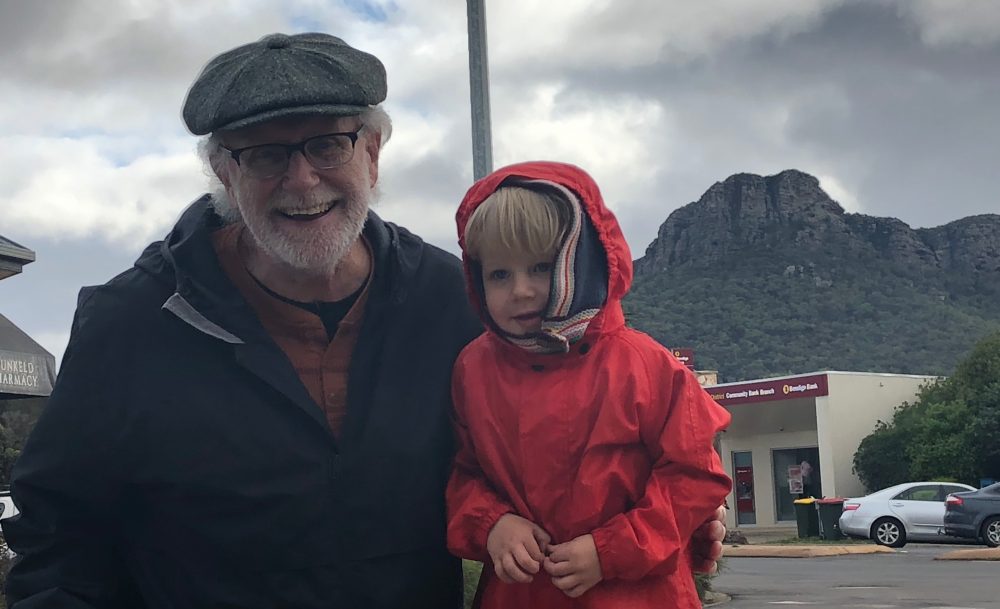Everything is different now, will everything be different in 5 weeks, 5 months, 5 years . . . ?
This Easter has more in common with the first Easter than any Easter in the past 75 years — globalization has receded; localization is ascending; health care is inadequate; air pollution is mainly from spring pollen; fossil fuels do not dominate our lives; ethnic, racial, income disparities are revealed; security is focused on supply chains and essential services rather than nuclear weapons and overseas military posts.
In 5 weeks, some leaders hope to open the economy back to 3% unemployment and record highs on the stock markets. Others say, go slow, increase virus testing and contact tracing, build up strategic stock piles, no more hand shaking, decrease business air travel, maximize work from home and online meetings, expand health care to underserved peoples, expand sick leave policies, consider rationing scarce consumer goods, consider price fixing for essential medical supplies . . . .
In 5 months, we’ll be into September, and school may have resumed for kids, who, we think, are less at risk for serious health outcomes from COVID-19. Will there be an uptick in cases with their parents and grandparents? Will checks to all citizens from the government be a normal monthly thing? Will government performance, in general, be appreciated, resented, or mocked? Will the presidential election campaigns look too close to call, or will one candidate or the other appear to be dominating?
In 5 years, will America First, Brazil First, Europe First — be normalized public opinion, or will a new internationalism and interdependence be the key words of political leaders in the U.S. and most nations and regions? Will other pandemics and climate disasters re-orient the U.S. and the world economies? Will COVID-19 be looked back on as our Chernobyl, our Fukushima? Will the insurance industry and actuaries be satisfied they have a good grasp of risk assessments going forward? Will the Green New Deal look more realistic and achievable? What about racism and gun rights — will these issues become more divisive or fade into the background?
